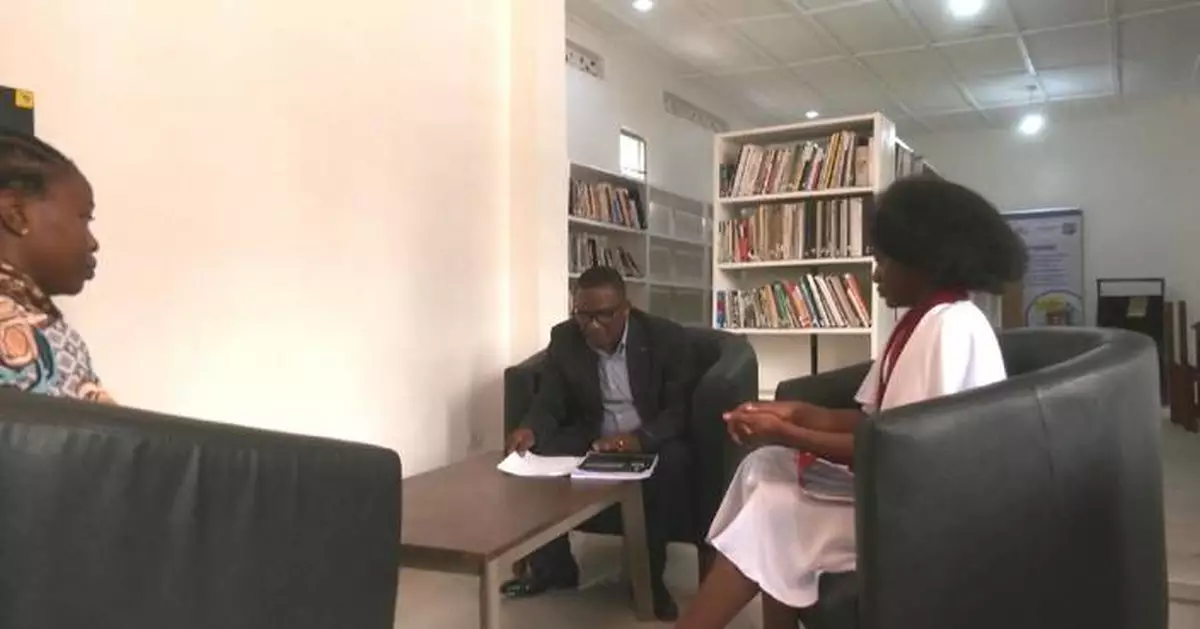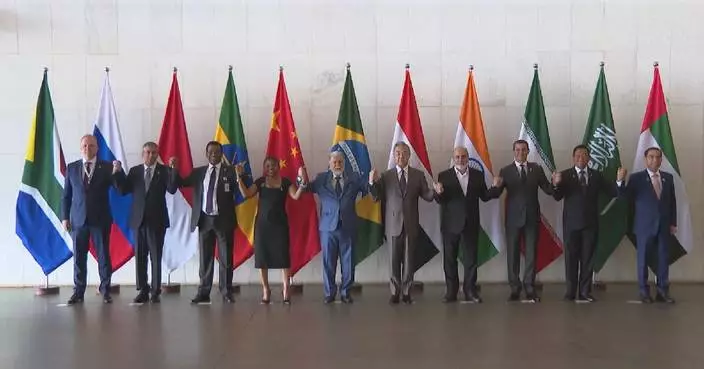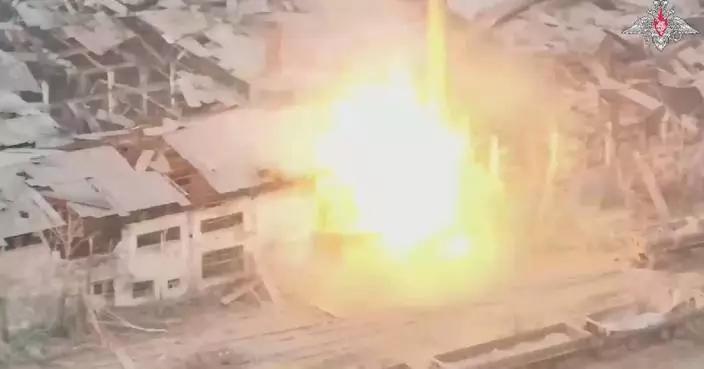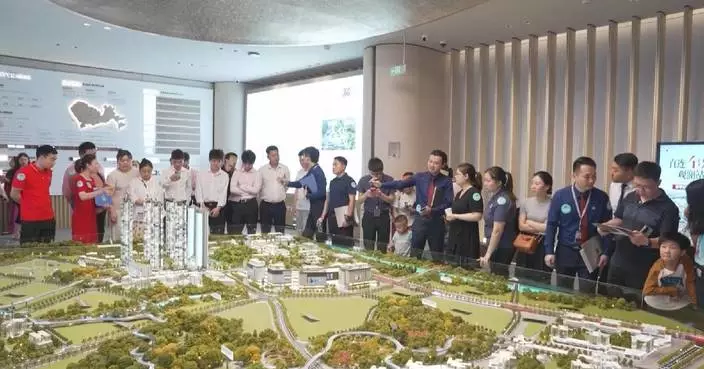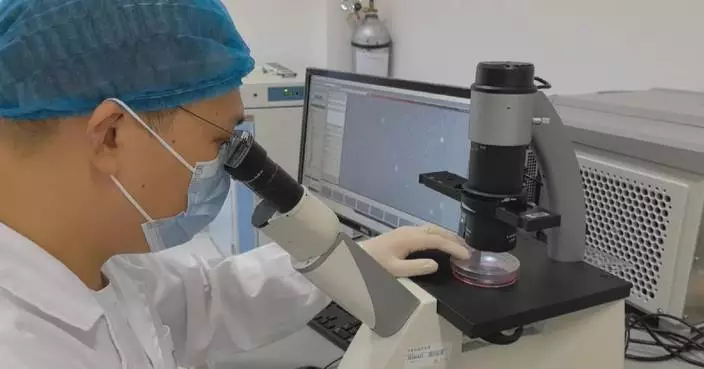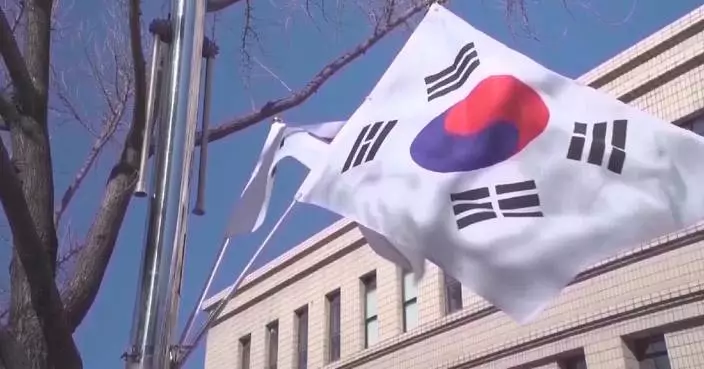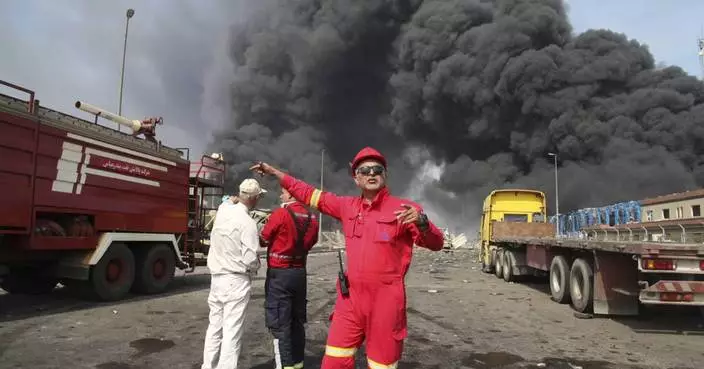The city of Goma, located in the eastern part of the Democratic Republic of the Congo (DRC), is struggling to cope with the outbreak of mpox as confirmed cases have kept soaring in recent days.
Africa is witnessing an "upward trend" in mpox cases, the Africa Centers for Disease Control and Prevention (Africa CDC) warned on Friday. Since 2024, the continent has reported 24,851 suspected mpox cases, including 5,549 confirmed cases and 643 deaths.
The DRC has emerged as the epicenter of the outbreak, accounting for 90 percent of reported cases. The DRC has reported 20,463 suspected cases, including 635 deaths.
Goma has a population of over 700,000 people. The outbreak has stretched the healthcare infrastructure thin. The lack of intensive surveillance and a robust data collection system has hampered efforts to contain the spread of the virus.
Anderson Kalule, a patient in Goma who contracted the virus, has urged the local community to adhere to measures put in place to curb the spread of infections.
"All I can say to the people of Goma, because they are my local population where I live; I got this disease right here in town. I did not travel to get it. I ask them to carefully observe the barrier measures. Let them protect themselves because it is a very contagious disease, and just by contact with an infected person, one can get the disease," said Kalule.
According to health officials, lack of public awareness regarding the virus has fueled the spread of the disease. Local health officials say despite efforts to educate the population, misinformation and misunderstanding about mpox persist.
"There is still low awareness, this is why perhaps people do not seem to be very concerned. I think that WHO, with its partners, should strengthen awareness so that the population is aware that this is a new problem that has just arisen otherwise we may fail to manage this virus," said Dr. Homer Kakule, public health expert.
With an overstretched healthcare system, limited diagnostic facilities and inadequate public awareness, the city is being pushed to the limit.
The DRC, which received its first batch of 99,100 mpox vaccine doses on Thursday, is currently developing a distribution and vaccination strategy, particularly in the eastern part of the country, where most cases have been reported amid a prolonged humanitarian crisis. However, health authorities have not yet announced when vaccinations will begin.
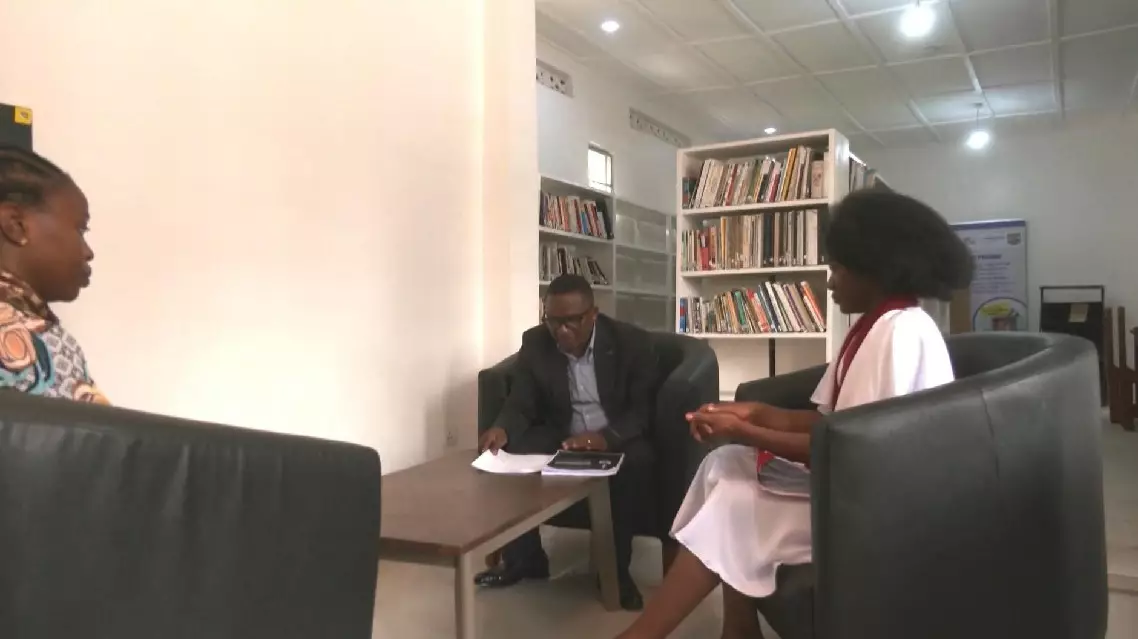
DRC's eastern city of Goma struggles to curb mpox spread
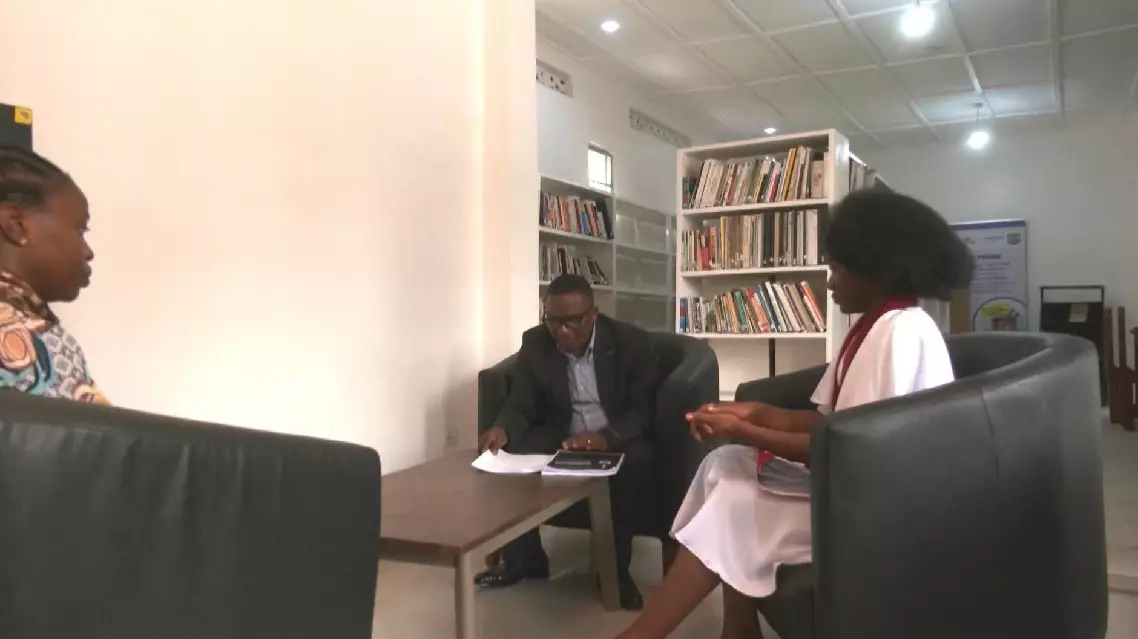
DRC's eastern city of Goma struggles to curb mpox spread
A deal to give the United States exclusive access to Ukraine's mineral resources has sparked contention among Ukrainian experts, who have described earlier drafts of the agreement as "unacceptable" and "colonial."
As the war between Ukraine and Russia is showing signs of winding down, another battle is quietly unfolding beneath Ukrainian soil, with competitors eying Ukraine's vast reserves of critical minerals.
The United States and Ukraine have signed an agreement to establish the U.S.-Ukraine Reconstruction Investment Fund, the U.S. Treasury Department announced on Wednesday.
For some, the minerals deal with the United States offers a lifeline for Kiev's war-torn economy. For others, it signals the quiet start of a resource takeover, raising concerns about what Ukraine may be giving away in exchange for support.
Ukraine is rich in critical resources such as graphite, lithium, and titanium. All these are vital to electric vehicles, the aerospace industry, and the high-tech supply chain.
At a graphite quarry roughly 400 km south from Kiev, capital of Ukraine, the roads give way to deep ruts and scattered debris, which means the mine site falls short of normal operation in wartime.
According to Ukraine's geological survey, the country holds 22 of the 50 strategic materials identified by the U.S. as critical.
As the global race for these resources intensifies, Washington is eager to secure reliable access. Ukraine, desperate for investment for reconstruction, has opened its doors. However, according to experts, the negotiations have been tense.
"When we had the first draft of this agreement, it was absolutely awful, absolutely unacceptable for Ukraine. It was also like a colonial agreement," said Volodymyr Landa, senior economist at the Center of Economic Strategy of Ukraine.
The country's mining sector is in dire need of foreign capital. At one of Ukraine's largest graphite deposits, infrastructure is minimal, with a few dogs, a guard, and an elderly tractor driver.
A Lviv-based mine owner said water pipes freeze over in winter, bringing operations to a halt. More importantly, the war has drained both labor and funding.
"If the Ukrainian government presents it for free, for 50 years with free rent, our resources will lose from that," said Ostap Kostiuk, CEO of Zavallivskyi Graphite, located in the Kirovohrad region.
Following a tense and reportedly humiliating visit to Washington in March, Ukrainian President Volodymyr Zelensky appears to have softened his stance on a minerals deal he once said he would never sign. The move has triggered public outcry at home.
"Now they (the U.S.) say 'give me money, no, lithium' for the guarantees. It's not fair, I think," said a local resident.
"I definitely started to respect America less. He (Trump) is not interested in Ukraine actually ending the war," another added.
This graphite deposit represents only a fraction of Ukraine's untapped potential. An estimated 30 percent of its critical minerals have already been extracted. The other 70 percent, still buried across vast swathes of the country, is what many believe Washington is ultimately eying.
"Please do everything to make this peace closer to us, closer to people, closer to Ukrainians. Because every day, every hour, every minute, it costs our Ukrainian nation one to five Ukrainian best guys' lives," said Kostiuk.
In the view of Professor Valeriy Pekar, a business scholar in Kyiv and Lviv, the Trump administration is not actually interested in securing peace for Ukraine.
"To take control of our resources, it is necessary to end the war. The American leadership declares themselves great peacemakers, but what they really do is not peacemaking. It's war mongering," he said.
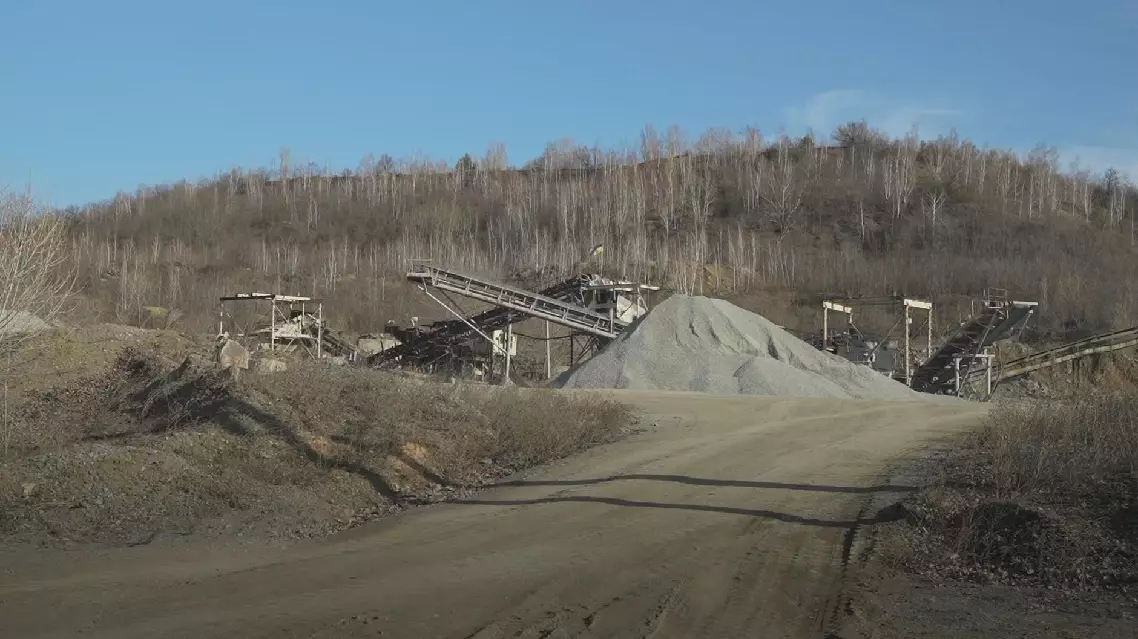
US interest in Ukraine's critical minerals draws public backlash




